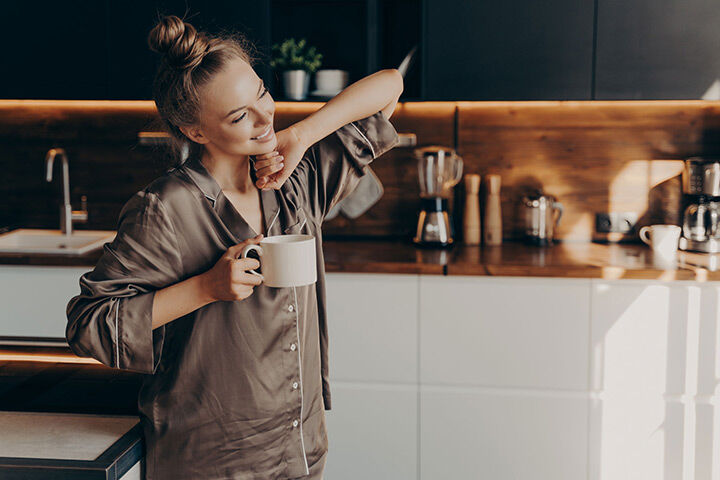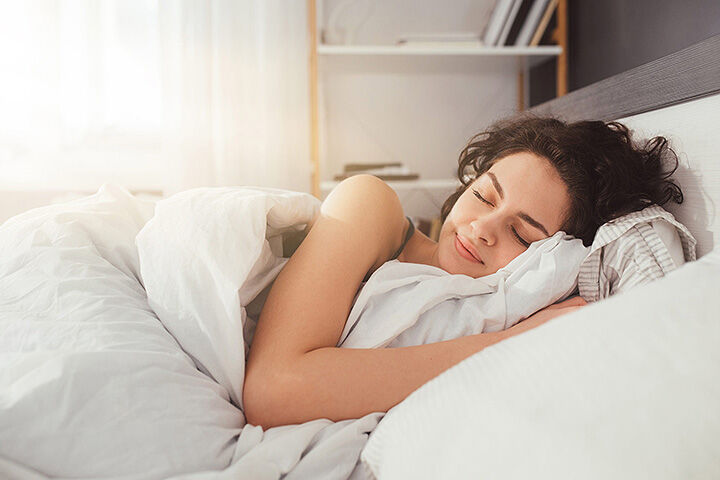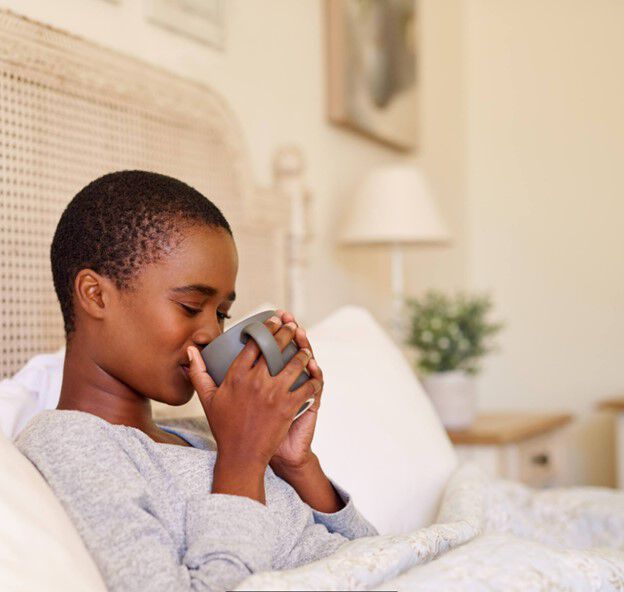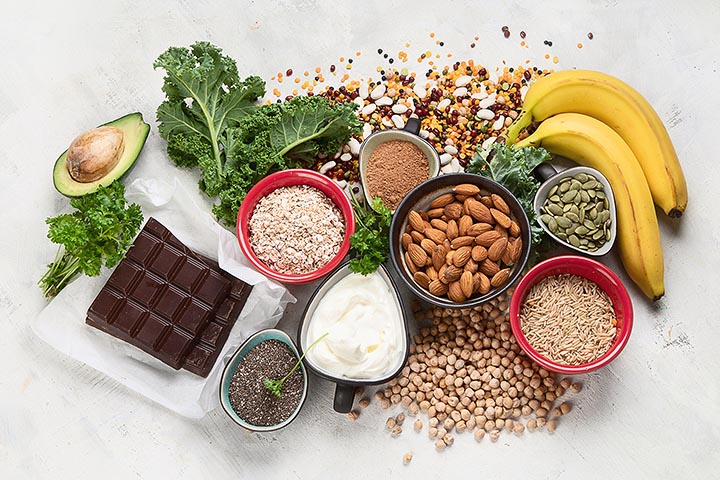Sleep Support
Supporting Sleep Hygiene for a Good Night’s Rest

“I wish there was something I could do to help me sleep!” Many of us utter these words when we’re tired and groggy at the end of a long day and yet we still can’t sleep. It can be so frustrating when you are tired but aren’t able to do the one thing that will make you feel better.
Current recommendations for sleep are 8-10 hours per night for teens and at least 7 hours of sleep per night for adults. If you find you aren’t getting this much sleep, there are things you can try that can help.
Tips for good sleep hygiene
It’s helpful to start with the basics. Here are several tried-and-true suggestions for simple changes you can make to help improve your sleep. Improving sleep may not happen overnight, but taking these steps may help the quality of your sleep over time. These tips are all part of having good “sleep hygiene.”
What is sleep hygiene?
Sleep hygiene refers to healthy sleep habits that can help improve sleep. The term “hygiene” is often used for other habits to take care of yourself, such as brushing your teeth (oral hygiene) or cleaning and taking care of your hair and skin (personal hygiene). You may not think about sleep habits or routine as something you need to cultivate – until you aren’t sleeping well and feeling the effects of poor sleep hygiene. Try these tips for good sleep hygiene to help support your sleep needs:
What will help me sleep?
- Keep a consistent sleep schedule – Try to go to bed and wake up at the same time every day, whether it’s a weekday or weekend. Consistency can help make falling asleep easier as your body becomes used to the routine. You can use alarms or reminders on your calendar or virtual assistant to help you get on track.
- Wind down without screens - Use the hour before bedtime for relaxing activities and stop using screens or devices. Even with blue light protection, being on screens may keep your mind more active. Try a calming activity like reading, journaling or listening to music.
- Make your bedroom relaxing - Keep the bedroom calm, cool and dark to help ensure a pleasant environment for sleeping. Many experts also recommend limiting the bedroom to sleeping and avoiding doing work or homework in your bed.
- Stay away from stimulants - An afternoon coffee or using nicotine too late in the day can make it harder to fall asleep. These are stimulants that can make it more difficult to transition to sleep. It may take as long as 6-8 hours for the effects of caffeine to fully wear off.
- Exercise earlier – Regular exercise is important, but exercising within three hours of sleep can make it harder to fall asleep.
Are there supplements to support sleep?
As well as practicing good hygiene habits, a sleep aid supplement can help as well. One popular choice is melatonin. Melatonin is a hormone that our bodies produce at night in response to darkness. This helps prepare our brains and bodies for sleep, and it helps to regulate your sleep cycle.*
Vitafusion offers several melatonin gummy supplements:
- Melatonin – these sugar-free, white tea- and peach-flavored gummies provide 3 mg of melatonin per serving.
- Extra-Strength Melatonin - these blackberry-flavored gummies provide 5 mg of melatonin per serving.
- Melatonin Max Strength - these strawberry-flavored gummies provide 10 mg of melatonin per serving.
It’s recommended you talk with your health care professional to discuss whether melatonin is right for you and the best dosage for you.
Embrace sweet dreams with vitafusion
Practicing good sleep hygiene habits is essential for getting a good night’s rest. By following simple habits such as maintaining a consistent sleep schedule, winding down without screens, creating a relaxing bedroom environment, avoiding stimulants, and exercising earlier in the day, you can enhance the quality of your sleep over time. And for sleep support, vitafusion melatonin gummies come in a variety of dosages with delicious flavors you’ll look forward to taking!*
Brought to you by the vitafusion™ nutrition experts.



